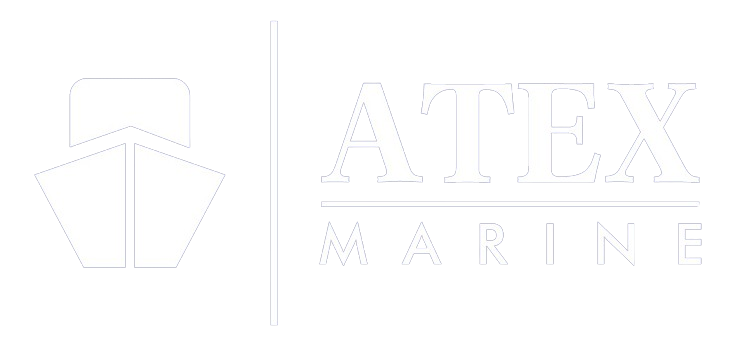AUTOMATION
Understanding Marine Loading Computer Systems
Marine Loading Computer Systems (MLC) are critical onboard systems used to monitor and optimize the loading and unloading of cargo on ships and offshore platforms. These systems calculate and display crucial data such as stability, stress, and draft to ensure safe and efficient operations. This guide explores the key aspects of marine loading computer systems and addresses frequently asked questions about their functions, benefits, and regulations.
What is a Marine Loading Computer System?
A Marine Loading Computer System is a specialized onboard computer system that monitors and manages the loading, ballasting, and unloading of cargo to maintain vessel stability and safety.
Benefits of Marine Loading Computer Systems
Implementing a marine loading computer system offers several advantages:
- Enhanced Safety: Ensures vessel stability and compliance with loading limits to prevent accidents such as capsizing or structural damage.
- Optimized Loading: Maximizes cargo capacity while maintaining stability and trim, improving operational efficiency.
- Compliance: Helps vessels comply with international maritime regulations regarding stability, stress, and draft limits.
- Real-time Monitoring: Provides accurate real-time data on loading conditions, allowing for immediate adjustments and informed decision-making.
- Operational Efficiency: Reduces turnaround times by streamlining loading processes and minimizing delays due to improper loading.
10 Frequently Asked Questions (FAQs) about Marine Loading Computer Systems
| FAQ | Answer |
|---|---|
| What is a marine loading computer system? | A system that calculates and monitors loading conditions on ships and offshore platforms to ensure stability and safety. |
| How does a marine loading computer system work? | It integrates data on cargo weight, distribution, and vessel characteristics to calculate stability, stress, and draft parameters in real-time. |
| Why is a loading computer system important? | It prevents accidents by ensuring vessels operate within safe loading limits and comply with stability regulations. |
| Are marine loading computer systems mandatory? | Yes, many maritime authorities require vessels to have a certified loading computer system to ensure safe operations. |
| What data does a loading computer system monitor? | It monitors cargo weight, distribution, tank levels, stability parameters, stress limits, and draft to optimize loading conditions. |
| How often should a loading computer system be calibrated? | Calibration should be performed regularly according to manufacturer guidelines and regulatory requirements, typically annually or bi-annually. |
| Can a loading computer system handle different types of cargo? | Yes, loading computer systems can be configured to handle various types of cargo and adapt to different loading scenarios. |
| What happens if a loading computer system malfunctions? | Backup systems and manual calculations are available to ensure continued safe operation in the event of a system malfunction. |
| Can a loading computer system integrate with other onboard systems? | Yes, modern loading computer systems can integrate with ballast control, propulsion, and navigation systems for comprehensive vessel management. |
| Is training required to operate a loading computer system? | Yes, crew members responsible for cargo operations should receive training on operating and interpreting data from the loading computer system. |
Conclusion
Marine Loading Computer Systems are essential for ensuring the safe and efficient loading and unloading of cargo on ships and offshore platforms. By providing real-time data on stability and compliance with loading limits, these systems contribute to safe maritime operations and regulatory compliance. Understanding their functions and addressing common questions can help maritime professionals effectively utilize and maintain these critical onboard systems.
